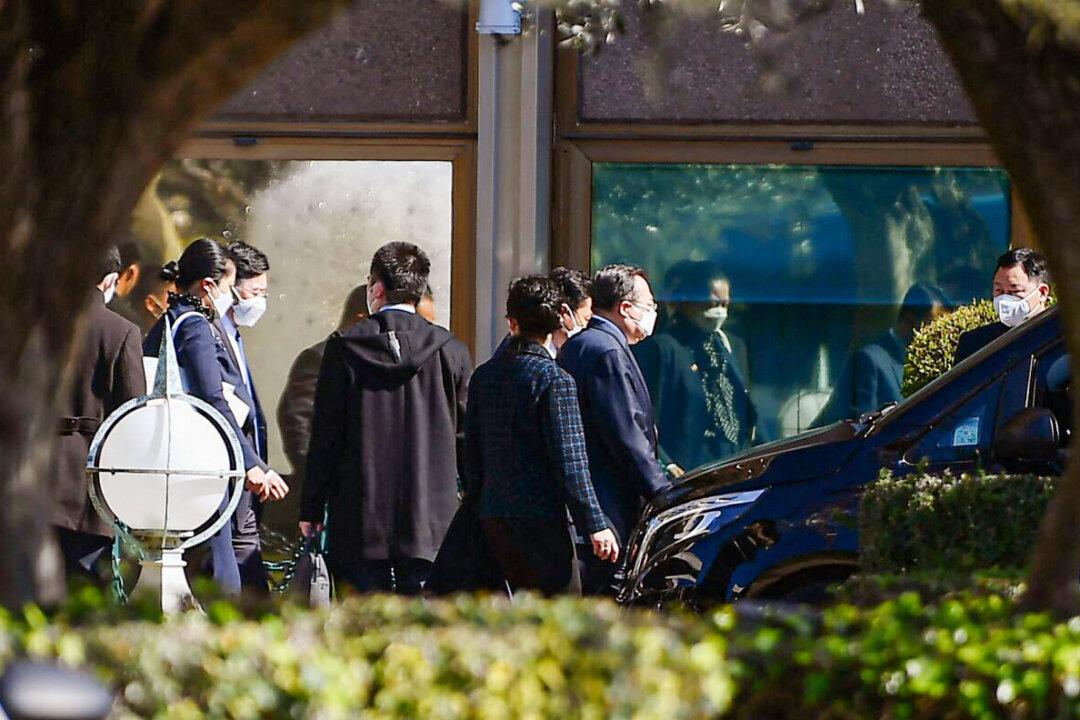The Russian-Ukrainian war has caused both Russia and Ukraine to suffer, and the global economy has also been dealt a heavy blow. However, some countries have benefited more than others from the war.
Mike Sun, a North American investment strategist and China expert, stated that resource-based economies, such as Canada and Australia, have benefited relative to other economies from the war, but the United States has benefited the most, while the Chinese Communist Party (CCP) will have more losses than gains over the long term due to increased global isolation.





